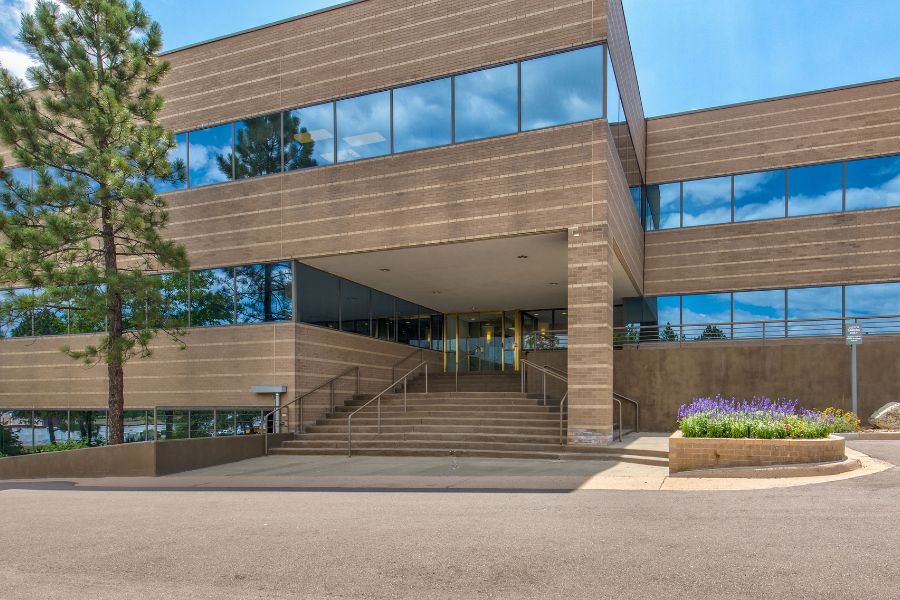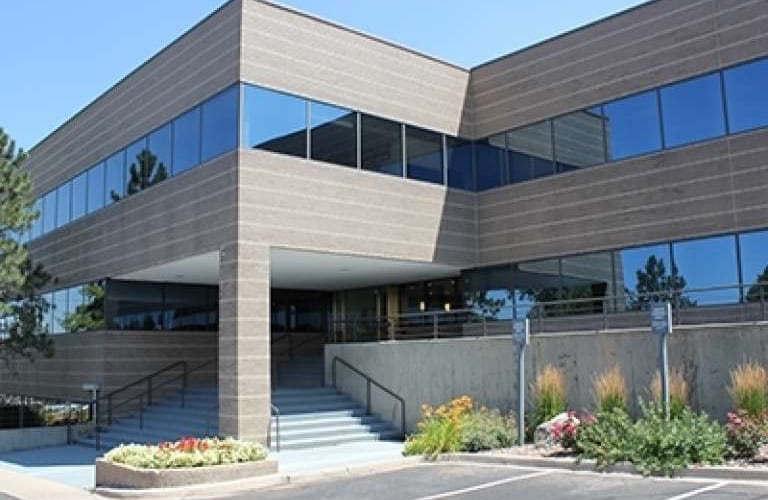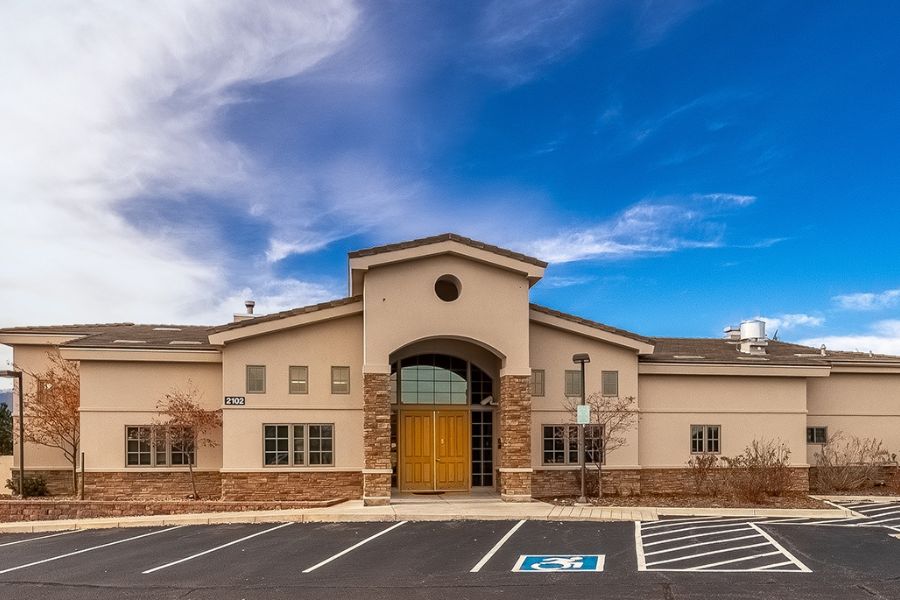Longmont Rehab Drug & Alcohol Resources
Longmont is was founded in 1871 and named after Longs Peak for mountain explorer Stephen H. Long. The city began to flourish as an agricultural community after the building of the Colorado Central Railroad.
The Broomfield office is a 20 minute drive from Boulder and serves teens and young adults who are struggling with mental health and substance abuse. This center is where our Intensive Outpatient, Partial Hospitalization, and After School Intensive Outpatient programs take place, as well as our clinical assessments and parent support groups.



2102 University Park Blvd, Colorado Springs, Colorado, 80918
(888) 850-1890

The Continuum of Care
Access a full range of treatments for mental health and substance use disorders. Whether you need a safe transitional living program, inpatient care, or outpatient treatment, we have a program to help.
The Right Program: A detailed interview and assessment process with a clinical professional. Look for an organization that assesses physical and mental health, as well as qualifications for your loved one’s specific needs. Make sure the organization you’re considering has skilled experience with the the drawbacks your loved on is facing.
If the organization isn’t right for your substance abuse treatment, ask if they have referrals for a more appropriate fit.
Professional Team: Look for a licensed, experienced organization that focuses on a team-oriented approach, working together to support each client and their family. Find a team that includes individual and family therapists, substance abuse counselors, psychiatrists, and dietitians.
A highly credentialed team taking a holistic approach to care is critical to achieving successful outcomes from substance abuse and addiction treatments.
Safety: An organization that focuses on participant safety, both physical and emotional. Many people will discover through the treatment process that abstinence from all substances is the best choice for them. Through this journey, it is important to support participants in staying safe and reducing harm.
Find a support system you trust to aid your substance abuse and addiction treatment.
Mental Health and Trauma Training: Drug abuse and addiction generally co-occur with a mental health or trauma experience. It is important that a treatment program has the ability to treat not only substance abuse but also underlying mental health concerns and trauma.
Ideally, a program would have a psychiatrist on staff, and staff trained in trauma-informed care. A good support system believes recovery and healing are two sides of the same coin, and both are necessary for long-lasting success.
An Individualized Program: An organization that tailors the experience to the individual and their unique needs. Find a team that sees you or your loved one as a person and creates a support program based on what is needed. True change from substance abuse and addiction treatment comes from authentic connection and genuine investment.
Strengths Based: An approach that focuses on what is working and nurtures those activities, patterns, and behaviors to encourage health and vibrancy.
Evidence-Based Care: An organization that draws on research and time-tested practices for the best possible outcome. Research or ask about the therapy methods they use in addition treatment.
Family Oriented: Any large life challenge always affects and is impacted by the surrounding system. Find an organization that supports and integrates the whole family. No one walks the road to recovery alone.
Our 24/7 Medically supervised detox and inpatient program lasts 5-21 days.
We understand that you have your own unique story, so once you are safely stabilized, we listen to you about what has been going on and perform medical and psychological evaluations to get a better understanding of your individual needs.
Our comfortable private rooms and safe, supportive environment help you to recover from drug and alcohol addiction.
Longmont is a beautiful city, with a revitalized downtown area along Main Street. The city had the first library in Colorado. Longmont is the 13th most populous city in the state and resides in the counties of Boulder and Weld.
Inhabitants can enjoy 300 days of sunshine a year and over 1500 acres of parks and open spaces. It’s perfect for outdoor enthusiasts and a wonderful place to raise a family. Despite its beauty, the city is not immune to drug and alcohol issues including opioid overdoses.
Despite the beauty surrounding Longmont, the city faces its own set of challenges when it comes to substance abuse including alcohol consumption, opioid abuse and recreational marijuana use.
In Colorado, there were 564 opioid-involved deaths in 2018. Fentanyl and other synthetic opioids continue to be problematic for drug users, as synthetic opioids are very strong and when mixed with heroin or other substances can be deadly.
35% of high school students are drinking alcohol according to a health survey in 2019. 65% of those same students think it’s easy to obtain alcohol. 61% think it’s easy to obtain marijuana and half do not think using marijuana is dangerous.
In Boulder County, the Healthy Futures Coalition has identified marijuana as a priority issue. Although marijuana can be helpful in treating certain symptoms of medical conditions, it still can have harmful effects including risk of learning problems, accidents, health problems and addiction.
If you or a loved one are struggling with substance use, reach out to our Longmont rehab experts to learn about treatment options near you.
In 2017 a Boulder County survey revealed that 26% of high school students did now have an adult to go to for help with a serious problem. Parent Engagement Network, Healthy Futures Coalition, and Opioid Advisory Group partners will schools, youth and parents to ensure that young people have adults they can trust in their lives.
The Healthy Futures Coalition is a group of individuals and organizations dedicated to reducing substance use in Boulder County. The goal is to prevent and reduce youth substance use and adult substance abuse by mobilizing resources and creating partnerships throughout the county by:
The coalition achieves this by aligning messages about substance use, and applying effective, evidenced-based strategies.
The WORKS Program, managed by Boulder County Public Health and Boulder County AIDS project, provides syringe exchange services, outreach and education to reduce the transmission of HIV and hepatitis among intravenous drug users. A popular program, the number of individuals accessing this program went from 149 in 2010 to 1739 in 2017 an increase of 1100%.
Boulder County is committed to helping those struggling with drug addiction. The Community Substance Abuse Prevention (CSAP) Program works to reduce and prevent substance use in Longmont by providing community level education and individual interventions for teens and young adults.
Narcan is a drug used to reverse an overdose from opioids. The public health department offers training for community members who are likely to be in the presence of a person who might overdose. Free prescriptions of Narcan are available for The Works Program participants.
In addition to seeking out support from addiction professionals, having a network of people that will build you up as you continue your sobriety is very important. Organizations like 12 Step Programs and SMART Recovery provide meetings that build up sober individuals and help to create a supportive community.
Verify your insurance and get in touch with us to get more information on addiction resources, along with rehabs near Longmont.